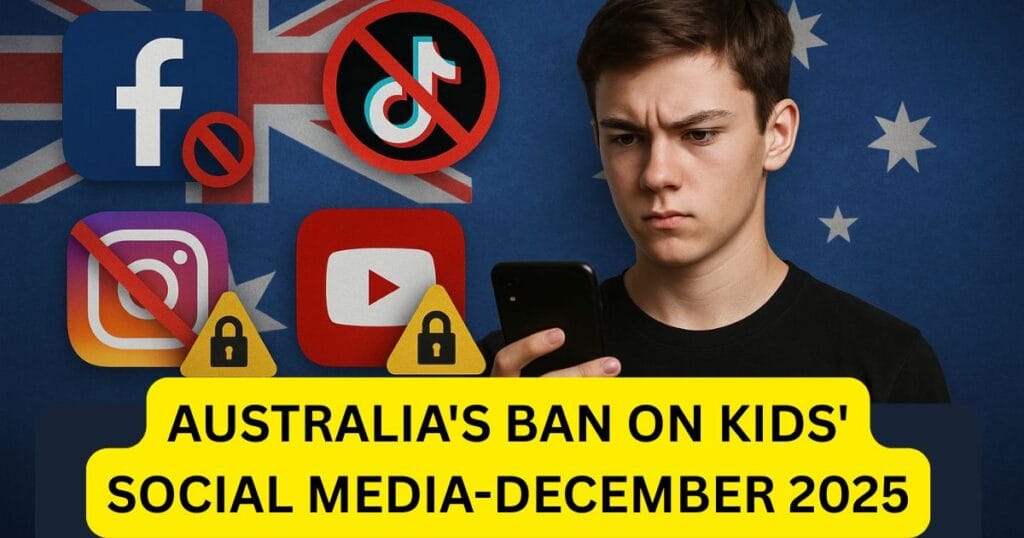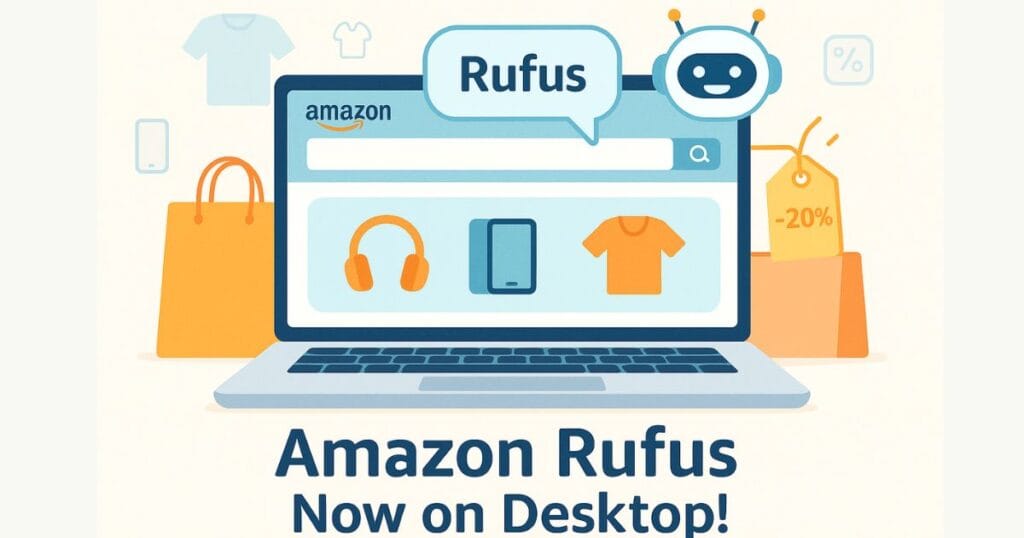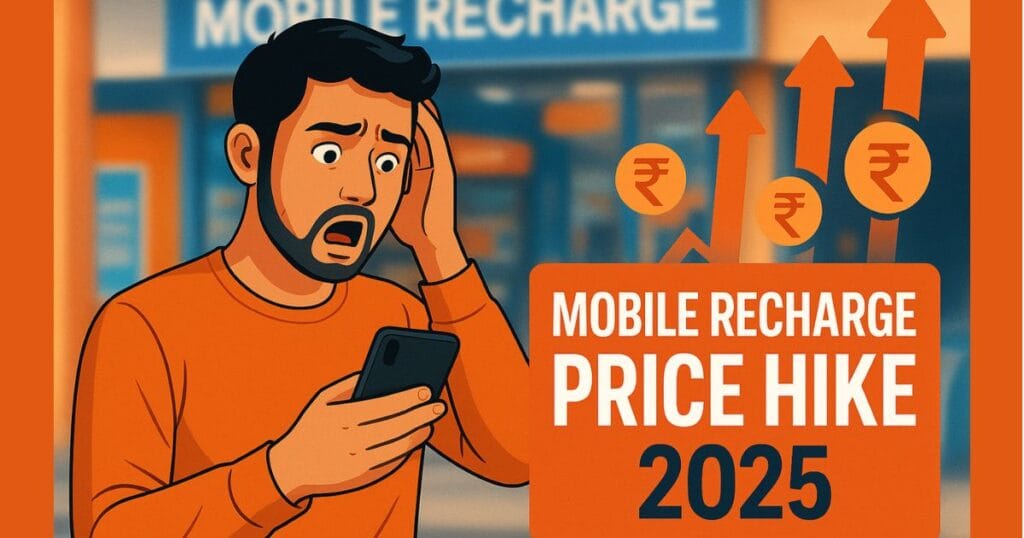The Australian government has taken a historic decision to protect children from online dangers. From December 2025, children under the age of 16 will not be able to create accounts on platforms like Facebook, Instagram, TikTok, Snapchat, Twitter (X) and YouTube. This is the first country in the world to impose such a strict ban on children.

The name of this new law is ‘Online Safety Amendment Act 2024‘. Interestingly, earlier the government wanted to keep YouTube out of this ban, because it offers useful content related to education and health. But when Australia’s eSafety Commissioner stated that 37% of children have seen dangerous content on YouTube, the government changed its mind.
Main rules of the ban: What will change?
When will it be implemented?
From 10 December 2025, all social media companies will have to follow the new rules.
How will it work?
- Companies will have to implement a system for age verification.
- Existing accounts of children under 16 years will have to be removed.
- Companies breaking the rules will face a fine of up to ₹412 crore.
Is there any way for children?
YouTube Kids will not be banned (because there is no comment or video upload feature here). Children can watch YouTube videos without an account, but they won’t be able to watch age-restricted content.
Why did Australia impose this ban?
This step has been taken for children’s safety due to three major reasons:
- Impact on mental health: According to Prime Minister Anthony Albanese, there is a direct link between social media and depression in children. Surveys revealed that too much screen time affects children’s sleep and studies.
- Cyberbullying: Children being harassed on the internet.
- Inappropriate content: Children being exposed to violent or pornographic material.
- Online predators: People with bad intentions targeting children.
- Theft of personal data: Apps collect data like children’s location, photos, and preferences, which can be misused.
What’s happening across the world?
Australia’s move is the strictest in the world, but other countries are also taking steps for children’s safety:
| Country | Rules |
|---|---|
| USA | In states like Utah and Georgia, parental approval is required. |
| England | From 2025, age verification will be mandatory for adult content. |
| Europe | France and Denmark are preparing bans for children under 15–16. |
Impact on tech companies and parents
For parents
- They will have to monitor children’s online activity.
- They will have to look for safe platforms like YouTube Kids.
Response from tech companies
- YouTube has opposed this decision and threatened to go to court.
- Meta (Facebook-Instagram) has launched teen accounts which are safer for teenagers.
Experts’ concerns
- LGBTQ+ and rural children may get cut off from online communities.
- Age verification may end the anonymity of the internet.
READ MORE from The Guardian
Lesson for India: Do we need such rules?
Children’s use of social media is rapidly increasing in India too. We can learn some lessons from Australia’s decision:
- Digital safety education should be made compulsory in schools.
- Parents should increase conversation about online safety with their children.
- The Indian government should promote safe alternatives like YouTube Kids.
Can parents create an account for the child?
No, even with parental approval, children cannot create accounts in Australia.
Which platforms can children use?
YouTube Kids, educational apps, and messaging apps (like WhatsApp) are not banned.
Is such a ban possible in India?
Not at the moment, but the government is working on online safety rules for children.
ALSO READ- India Bans 25 OTT Apps: Full List, Reasons, Impact & Public Debate
Conclusion: Balance between safety and freedom is necessary
Australia’s decision is a commendable step towards protecting children from online dangers. But there are some downsides too – like isolation of vulnerable groups and resistance from tech companies. For countries like India, it is a lesson that we must adopt a combined approach of parental awareness, school education, and government policy.
Do you think such a ban should be implemented in India? Be sure to share your opinion in the comments below!


